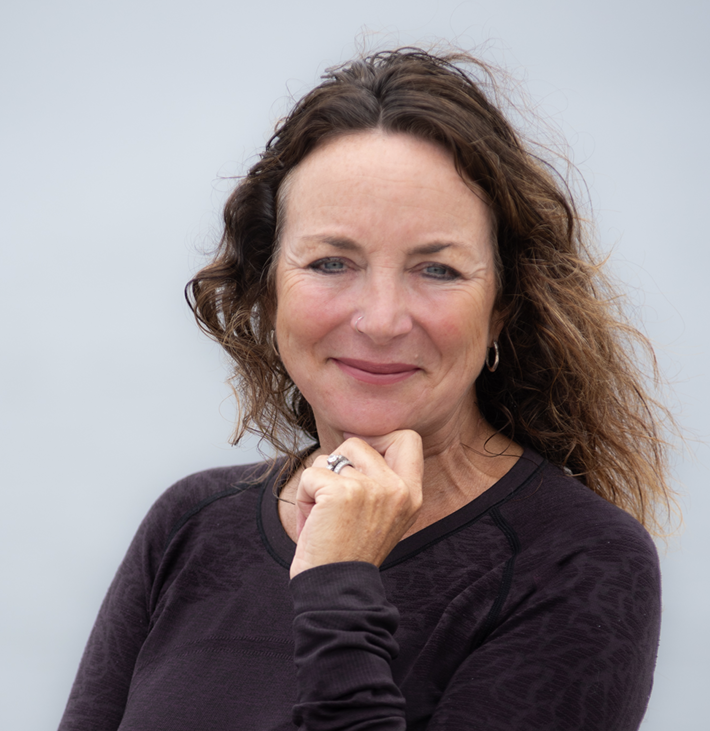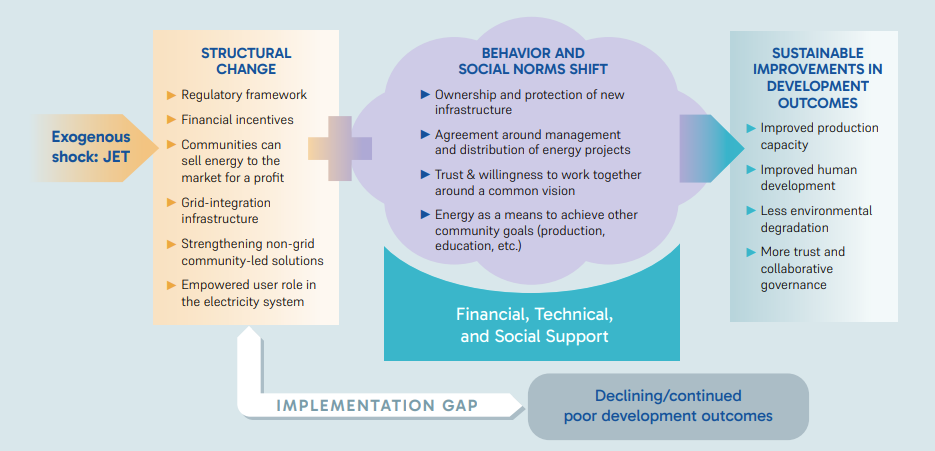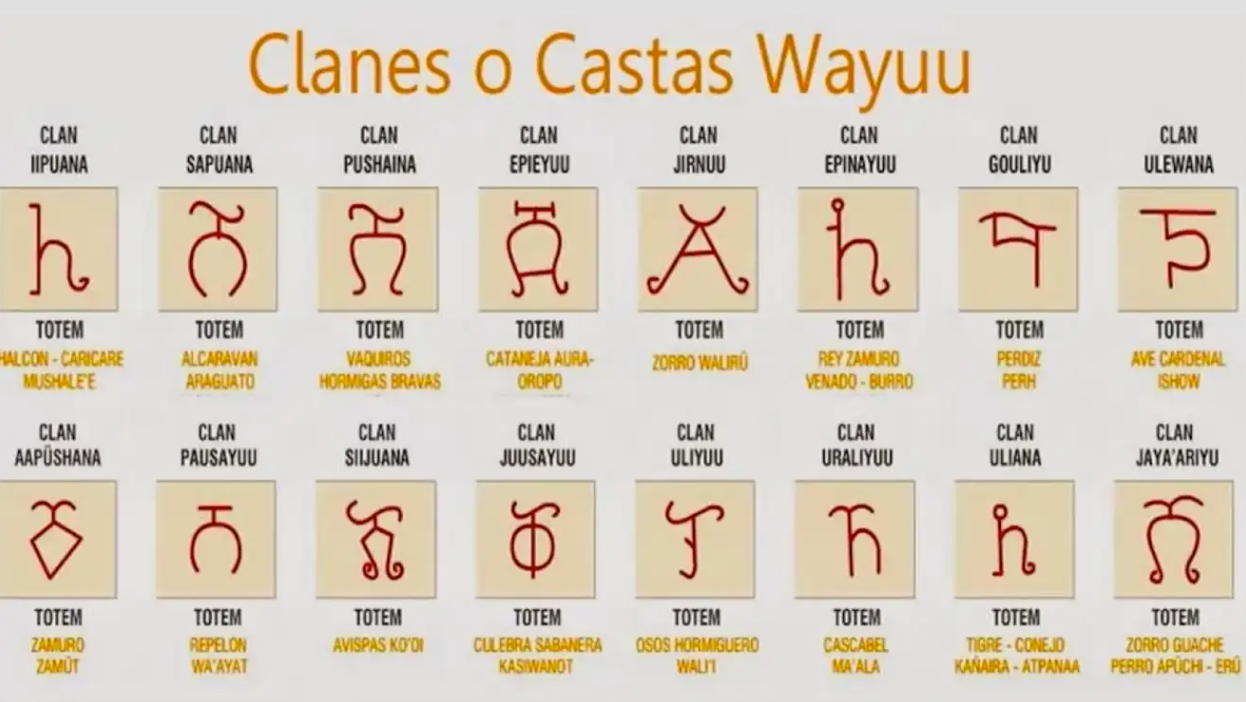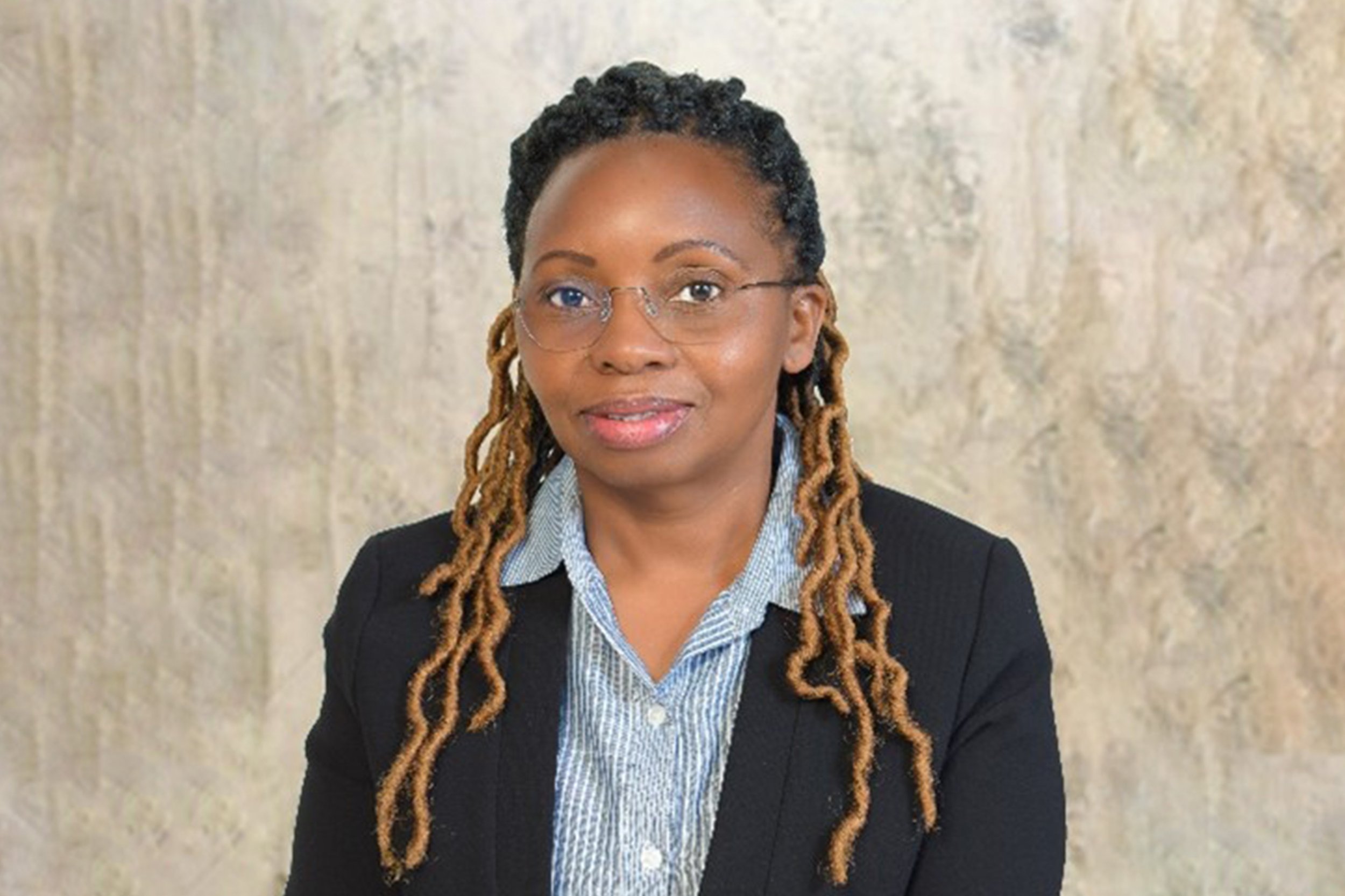Building local agency for a just energy transition in La Guajira
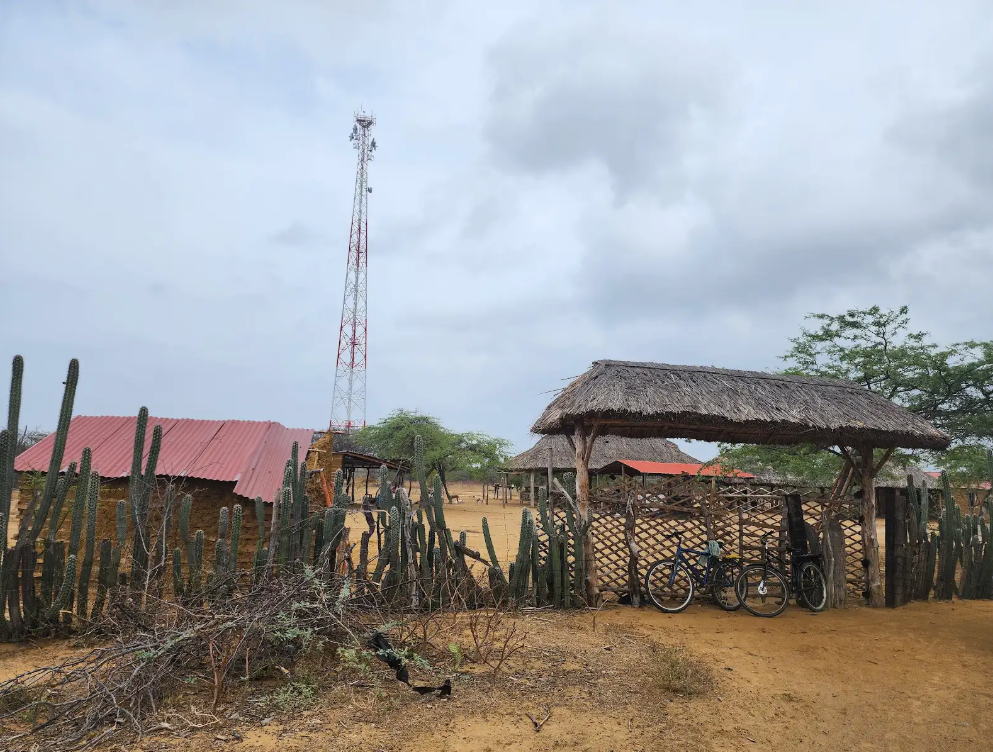
La Guajira, a remote desert region along Colombia’s northern coastline near the majestic Sierra Nevada de Santa Marta, is rich in natural resources but struggles with severe energy poverty. Despite having the highest potential for wind and solar energy in the country, the region experiences significant energy poverty, with a substantial portion of the population (70,7%) unable to access affordable or reliable energy, according to the Multidimensional Energy Poverty Index (IMPE) developed by Promigas. The situation is even more severe in rural areas, where energy poverty levels are 11 times higher than in major urban centers.
La Guajira is a priority focus area of the government’s strategy to democratize energy access. Through forming new energy communities, it aims to give agency to local communities to generate and distribute energy through green technology.
Strengthening Trust Through Energy Communities
In early 2024, the Governance Action Hub conducted a political economy assessment which found that our most significant impact in Colombia lies in supporting energy democratization efforts. This is due to the strong alignment of incentives among stakeholders at the national level. However, the assessment also highlighted a significant risk: an implementation gap that could hinder the translation of new commitments into tangible outcomes for Colombia’s diverse local communities. This gap arises from the challenges presented when working across a diversity of contexts, requiring tailored, localized participatory approaches, and continual connection of actors across the system to bridge top-down policies with grassroots energy democratization initiatives.
Supporting local communities in La Guajira to leverage the new energy communities framework to promote better local development, building trust, and more resilient communities in the process, is not an easy task. Many communities are skeptical of outside support, and community vetoes are common. Typical consultations on issues of local development have often been transactional, carried out as a pro forma process to appease permits for big business. In addition, state presence is minimal, and trust in institutions remains low.
Building trust through Energy Communities in La Guajira
As part of our pilot to support locally led change in Colombia’s energy sector, and with the support of a seed grant from the Royal Academy of Engineers and local allies with strong roots in indigenous communities through the Universidad de La Guajira, we see collective action as a key part of the solution. Using rapid political economy analysis to understand each community’s formal and informal contexts, we are adapting participatory systems mapping and coalition-building tools to help the people of La Guajira unite around a collective development vision as they see it. Together, we’re using energy communities as an initial pathway toward this goal, with the hope that trust and tangible improvements to livelihoods will be built through the process.
Over the past few months, we have been co-creating capacity for collective action, working with our local allies who are from this region and understand it deeply. Over eight weeks, we collaborated with the Universidad de La Guajira and Instituto de Planificación de Soluciones Energéticas para Zonas no Interconectadas (IPSE) to develop a training course that integrates global best practices while tailoring them to the local context. They shared insights on Wayuu culture, lessons from past participatory efforts, and technical considerations for community management of solar energy projects. In return, we tailored materials in Spanish to better meet local needs, incorporating their invaluable insights on the region’s realities and technical issues.
We hope the resources are useful to others and encourage their adoption. You can access all the materials, including slides and recordings from some sessions here.
- Session 1: System thinking and applying to projects
- Session 2: Actors, Maps, and Systems
- Session 3: Experiences Accompanying Wayuu Communities in Uribia
- Session 4: Technical issues relevant for the implementation and sustainability of Energy Communities
- Session 5: Use of Political Economy Analysis as a tool to understand local realities and improve feasibility and impact of projects
Advancing a Just Energy Transition
In January 2025, we deepened our work with the Wayuu communities as we introduced our methodologies in a regional workshop and launched our local accompaniment process. Without careful attention to local ownership and agency, Colombia’s ambitious vision for a just energy transition risks falling into the all-too-familiar pattern of an implementation gap —where big policy changes fail to meaningfully improve the lives of the energy poor.
In this case, promoting local people’s agency is clearly not about supporting local climate activists along the mining corridor. Instead, it’s about ensuring that new investments in green energy bring real, tangible benefits to La Guajira’s communities — even in the short term. However, we believe that the impact of these investments extends beyond immediate economic improvements. The Wayuu community, with their deep-rooted knowledge of living in balance with nature, has valuable lessons to offer. They can show us the practical realities of what a truly just energy transition looks like.
Stay tuned for updates on implementing this project and our work to support the sustainability of energy communities in La Guajira. If you would like to reuse the materials presented in this blog or know more about the experience, please reach out to us at govactionhub@r4d.org or on LinkedIn and X.
Join the Governance Explorers
We are bringing together a global network of people eager to rethink governance and influence local, national and global debates.

